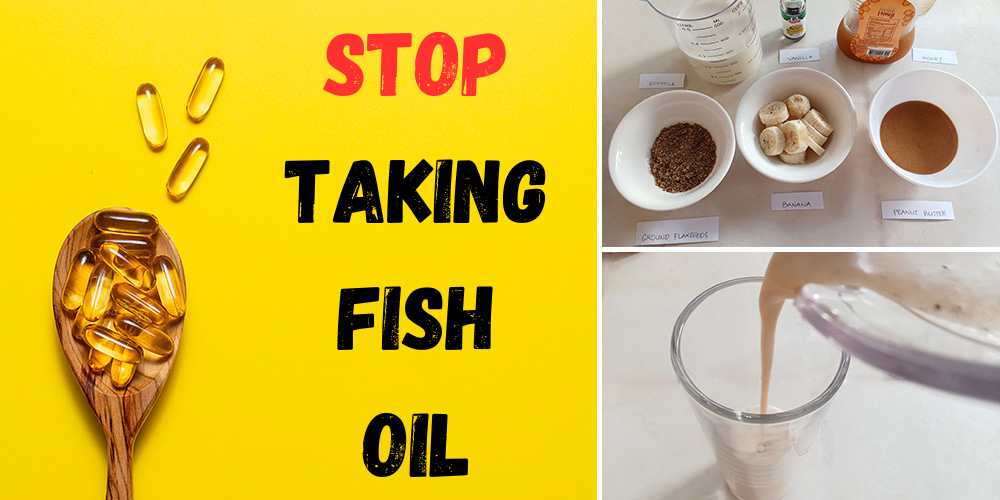
Stop Taking Fish Oil
If you are looking for cardiovascular aids, you will likely be directed to answers like fish oil.
Fish oil is a rich source of Omega-3 fatty acids that may aid in a wide range of heart and blood circulation problems. Some fish oils are FDA-approved and are used as prescription medication. Some are available as food supplements but do not contain the same amount of fish oil as prescribed ones.
Consuming fish oil supplements is safe but only within the recommended intake. Fortunately, it is not the only source of Omega-3 fatty acids. Omega-3 can also be found in some herbs, which are safer for consumption than most fish oil supplements.
What Is Fish Oil?
Fish oil contains two of the three most important Omega-3 fatty acids: eicosapentaenoic acid (EPA) and docosahexaenoic acid (DHA). The third type is alpha-linolenic acid (ALA), mostly found in plant and plant oils.
The body does not produce these essential fatty acids and we can only get them from food. Eating enough fatty fish weekly may provide the body with essential fatty acids, so fish oil supplementation may be unnecessary.
Fish oil comes from fatty fish like salmon, mackerel, trout, herring and tuna. It can also be sourced from some nuts and seeds for vegan and vegetarian options. These are as effective as the marine sources.
The powerful anti-inflammatory effect of fish oil may greatly benefit individuals with conditions such as:
- Heart disease
- High blood pressure
- High cholesterol and triglycerides
- Rheumatoid arthritis
Deficiency in omega-3 fatty acids may cause skin problems such as rough skin, scaly skin, dermatitis and psoriasis.
Omega-3 Without Fish Oil
Observational studies link fish oil to reduced risk of heart problems. However, it is also receiving negative reviews because of the possible mercury and heavy metal contamination of some fish sources.
A recent study published in the journal BMJ Medicine reported that fish oil food supplements can increase the risk of atrial fibrillation and stroke if taken by people with good cardiovascular health.
I can’t always keep the best diet, and my heart suffers from it. It’s a shame because it’s the thing that keeps me alive… literally.
I started using natural remedies to manage my blood sugar, blood pressure, and heart health and I must say I’m impressed with how I feel. Even my doctor noticed that when I did my last EKG checkup… No more palpitations from lab-made heart pills. Here’s what I’m taking.
It means fish oil is only good for people with already existing heart conditions.
Regardless, you can still get Omega-3 from other sources without the risk. Prescription fish oil is also pricey. So, if you can have a cheaper but powerful alternative, why not?
Omega-3 Fatty Acids Alternative Source
Omega-3 fatty acids are not limited to cardiovascular protection. Eating foods rich in Omega-3 is also beneficial for infant health and development.
It may also help prevent cancer, Alzheimer’s and other cognitive disorders, eye problems, and autoimmune diseases. Some ongoing research aims to find out its effectiveness against ADHD, childhood allergies and cystic fibrosis.
Your brain is made of fatty tissue. But that doesn’t mean that all fats are good for your health. Neither that fish oil is the greatest support against cognitive decline. Especially when I’m tired, I clear that brain fog feeling with natural tinctures that don’t contain oils.
I’m making remedies at home only when I’m sure of the ingredient quality. I don’t want to be poisoned by pesticides. When I can’t find the herbs I’m looking for… I go straight to one of the best herbalists in the U.S., Nicole Apelian. She built an Apothecary and shares her own tinctures with you!
Some herbal remedies you’d want to look for are mushrooms like Cordyceps, Lion’s Mane, or Reishi (also called the immortality mushroom). Lemon balm is another great remedy to use to aid your brain. If you have been looking for the best remedy provider, then you’ve just found it!
It’s the third time I ordered this Brain-Boosting Tincture bundle and I have to say… it’s life-changing. It’s insane how you get to feel a difference after first use.
Good sources of Omega-3 fatty acids without taking fish oil include:
Flaxseed and Flaxseed Oil
Flaxseed contains alpha-linolenic acid (ALA) which may produce cardiovascular benefits based on a clinical study. It is a good substitute for marine products with ALA showing significant cardioprotective properties, reducing myocardial infarction and cardiac death.
The healthy amount is 1 to 2 tablespoons ground flaxseed or 1 tablespoon flaxseed oil. Flaxseed oil is typically added to smoothies, shakes or cereal but is not ideal for cooking because of its high smoke point.
Chia Seeds
Chia is a highly- nutritive plant and a rich source of dietary fiber and advantageous omega-6 and omega-3 fatty acids. Two teaspoons of chia seeds a day can meet the daily ALA needs and help in cell growth, immune function and heart health.
Hempseed
Hempseed has been traditionally used in the diet for hundreds of years. However, it was regulated for use because of its psychotropic properties which largely undermine its therapeutic benefits. Hempseed is also found to contain omega-3 and omega-6 fatty acids which play a vital role in cardiac and haemostatic health.
Continuous investigations explore further benefits of dietary hempseeds. Unfortunately, these are slowed down by legal issues. These studies aim to investigate other health benefits of hempseeds on an immunological, dermatological and neurodegenerative basis.
Seaweed and Algae
Seaweed, nori and algae products like spirulina and chlorella are non-fish sources of omega-3 fatty acids. These are best for individuals who follow a plant-based diet. These products support heart health, eye health and brain health. Seaweed and algae may also help lower inflammation.
Walnut
Walnuts (Juglans regia) are rich in ALA and their consumption largely benefits cardiometabolic health. A clinical study on Wister rats concluded that walnuts modulate plasma and tissue ratio regardless of high fructose feeding which shows positive results in the prevention and treatment of metabolic diseases.
Beans
Some beans, particularly kidney beans and soybeans, also provide ALA and a good substitute for fish oil. Whole foods like beans not only reduce the health risks associated with fish intake. It also provides the body with a range of essential nutrients for promoting overall health.
Leafy Greens
Most leafy greens like spinach, broccoli, and Brussels sprouts, among others, contain a reasonable amount of ALA. They are best taken as a salad, combined with other heart-healthy oils and nuts. These foods also help optimize health and well-being, and significantly reduce the risk of many metabolic diseases.
Heart-Healthy Smoothie
Consuming an adequate amount of seeds, nuts, beans, and leafy greens supplies the body with the essential fatty acids from fish oil. In fact, a healthy and balanced diet alone is already sufficient for providing all the necessary nutrients without needing supplementation.
If you want to give your heart health a good boost, here is an easy and refreshing way of incorporating healthy fats to build up your daily Omega-3 fatty acid needs.
 Ingredients
Ingredients
- 1 cup soy milk, almond or any plant-based milk of choice
- ½ cup any frozen fruit (banana, mango, berries, peaches, etc.)
- 1 tbsp ground flax seed, chia seeds or hemp seeds
- 1 to 2 tsp flavoring like cinnamon or vanilla extract
- 2 tbsp peanut butter or almond butter
- Heart Health Tincture (40 drops/cup)
- Honey, to taste
- Ice, if preferred
Steps
- In a blender, add all the ingredients starting with milk.

- Blend until smooth. Add ice and honey, if desired. Add the tincture drops now.

- Pour into glasses and serve.

To use: Take a glass of this smoothie daily as part of a balanced diet. You can experiment with different milk, fruits, seeds, nuts and flavorings for variation.
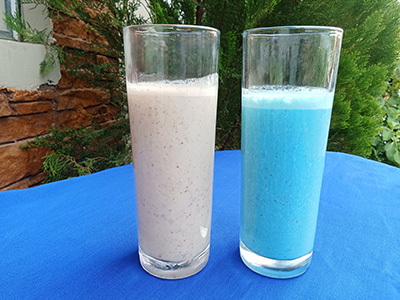 You can throw in spinach and bland-tasting leafy greens into it. Spirulina can also amp up its nutritional value and omega-3 fatty acid content. (I added a teaspoon of blue spirulina in one of the blends here).
You can throw in spinach and bland-tasting leafy greens into it. Spirulina can also amp up its nutritional value and omega-3 fatty acid content. (I added a teaspoon of blue spirulina in one of the blends here).
Don’t forget to add chia, flax or hemp every time.
Please note that if you are taking prescription fish oil, do not stop the medication and engage in homeopathic remedies without consulting your doctor first.
The most important brain and heart remedies might just become one of the most sought-after remedies once a crisis strikes, pharmacies get looted, and hospitals overcrowded.
You can find them all in the Heart Health Protocol on page 42, which is just one of the 45 health protocols from The Holistic Guide to Wellness: Herbal Protocols for Common Ailments.
Other protocols include: Depression, Sleep, Brain and Nerve, Anxiety and Stress, Rheumatoid Arthritis, Lungs and COPD, Leaky Gut, Gastritis and IBS, Hair Loss, Liver Health, Flu, Viral and Immune System, etc. Check out the protocol you’re interested in here.

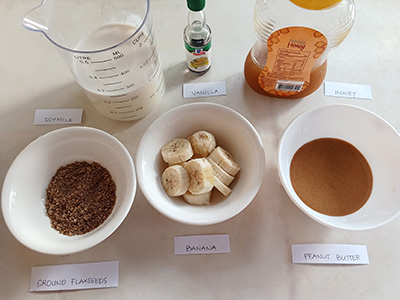 Ingredients
Ingredients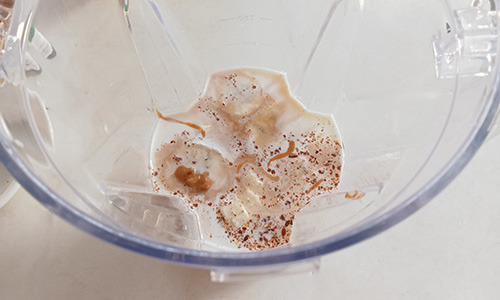
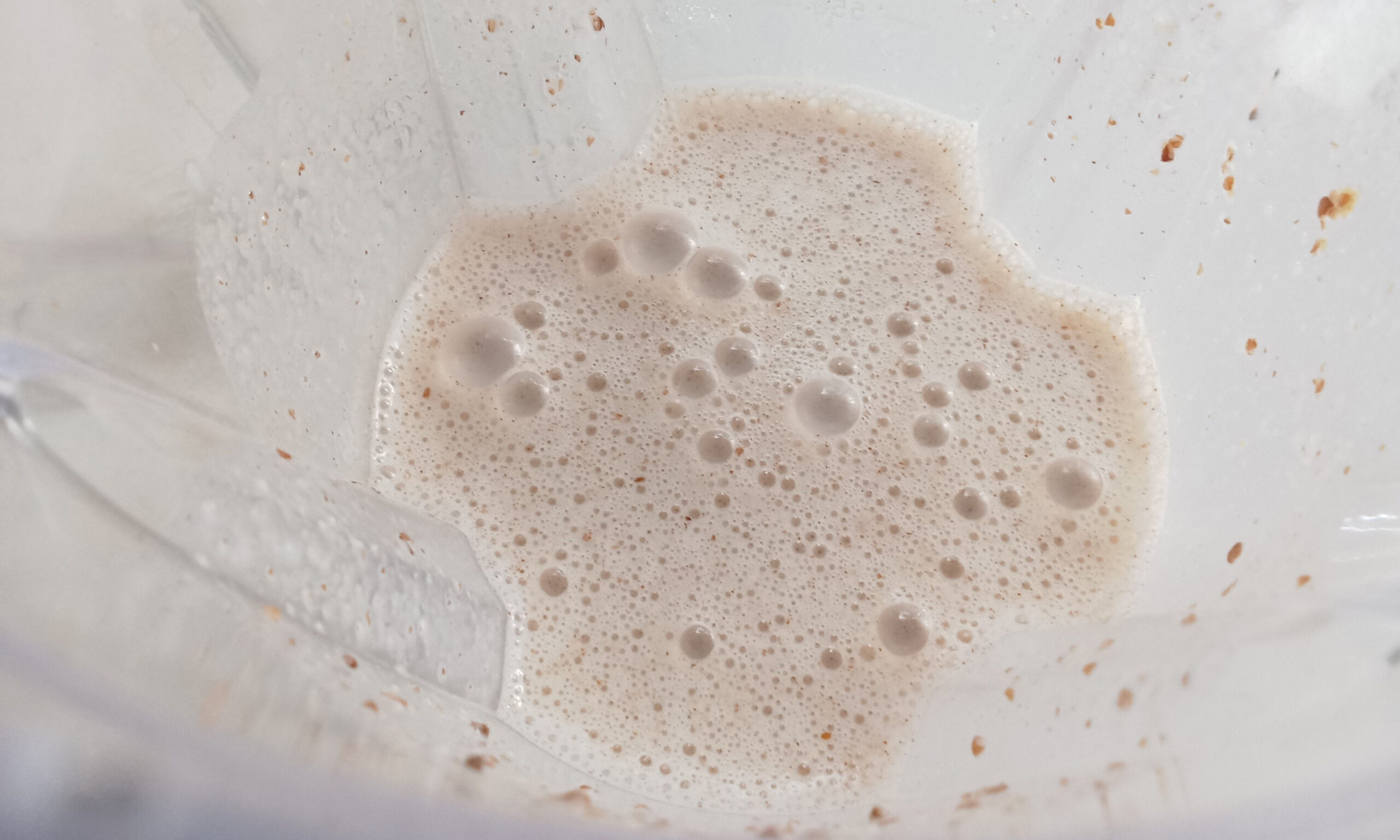
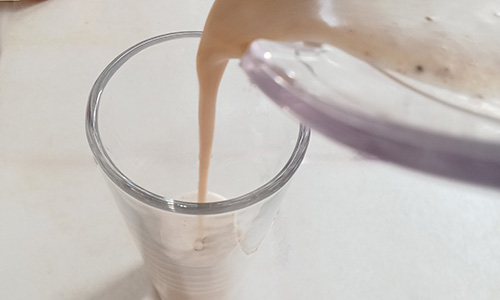

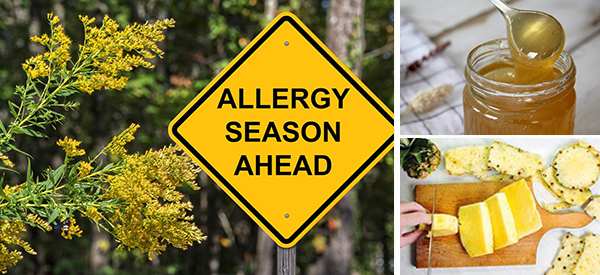

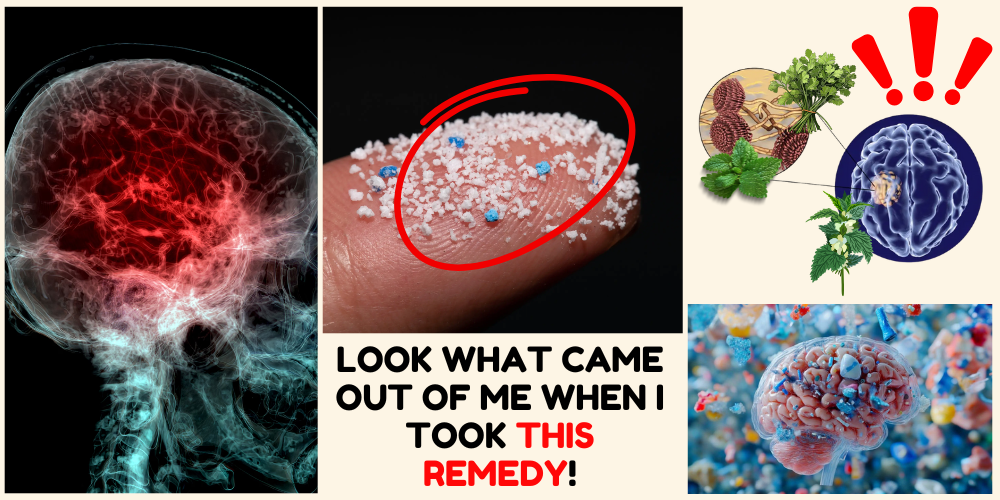
Thank you for a great deal of needed information!
Krill oil is a better source with better attributes.
I am surprised purslain is not mentioned.
It grows everywhere and I am sure I read no other plant source is higher and it is up there with fish oil.
I had a rather large patch of it come up in the garden and I kept it weeded and then put a lot of it away in the freezer.
It transplants easily and can be moved to a dedicated spot.
It is late coming up outdoors so I have kept seed and started it in flats early and then had it earlier to put raw in salads.
Only problem with purslane it is high in oxalate which are bad for kidneys, especially stones
You are incorrect. There is no possible way for you to get enough EPA from flaxseed or any of the other things you suggested unless you’re a horse. The optimal fish oil come from small fish like anchovy that have not been in the ocean long enough to be contaminated with mercury. Also, you want to look for an omega-3 fatty acid fish oil that has been molecularly distilled and there are only a couple of those out there. A triglyceride which is your common fish oil has a glycerol backbone that needs to be broken down by our bodies so it turns out that oil is only about 60% absorbed in our bodies. You will also find ethyl esters on the market. They boast a high percentage of EPA, but these are only 40% absorbed. Fish oil that are molecularly distilled are 90% absorbed.
Thank you for this response it saved me the effort to write one myself. People are not taking into account the necessary form to be eaten for best results.
This is not the first time I come across misinformation from this site, especially when it comes to nutrition. Please start doing your due diligence before recommending anything.
While there are a lot of wonderful plants and medicinal plants and they are wonderful to have on hand. Knowing your food and nutrition is just as important!
Food is medicine!
Being misinformed about food is why this country in trouble
Why are you suggesting that people use soy milk?! Only fermented soy is good for you at all.
All soybeans raised in the U.S. are genetically modified. Nattokinase is an effective natural blood thinner preventing blood clots made from fermented soybeans (instead of dangerous Pfizer’s!) from Japan.
I thought I read in one of Nicole’s books that people with Hasimotos or Hypothyroidism should not use Lemon Balm. True or untrue? Would like to order a few things for my daughter but she has Hasimotos. She is always stressed and tired.